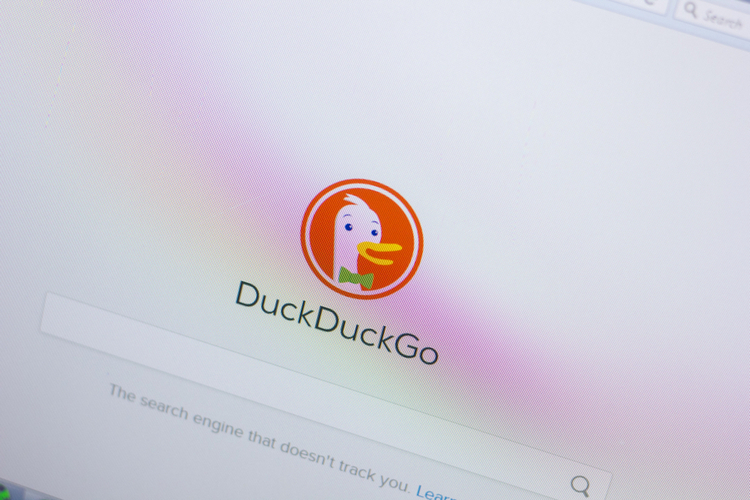


Nonetheless, DuckDuckGo doesn’t plan on doing that, as can be seen from their commitment towards user’s online privacy. It’s possible that the new management might change the privacy policy and start selling user data to the highest bidder. However, if the company is sold, its privacy practices may change. The current leadership and management at DuckDuckGo seem to be dedicated to maintaining user privacy, which is extremely important. While searching on DuckDuckGo, you can be rest assured that there are no tracks left behind, and the search engine wouldn’t be very private if it kept a collection of your search history. Privacy enthusiasts prefer DuckDuckGo as it doesn’t store your search history in a data profile like Google. DuckDuckGo claims that it does not store IP addresses, does not log user information, and uses cookies only when required. However, you will still see ads displayed on sites you visit, but the ads won’t be linked back to the searches you’ve made on the search engine. With DuckDuckGo, you don’t have to worry about this since the search engine isn’t connected to an advertising network. The next thing you know, each site you visit will have a relevant ad displayed on the sides or between the content regarding that particular search term. Let’s say you searched for something embarrassing on a search engine like Google. However, DuckDuckGo doesn’t display your search queries’ ads since it doesn’t record them, nor does it share it with advertisers. What sets DuckDuckGo apart from other search engines is that rival search engines bombard your screens with a search term’s ads. The search engine was launched on September 25, 2008, and doesn’t track your online activities, nor is it connected to Google’s advertising network.įun fact about DuckDuckGo : The company name refers to the children’s game duck, duck, and goose. DuckDuckGo is a private search engine that focuses on providing users with online privacy and security.


 0 kommentar(er)
0 kommentar(er)
